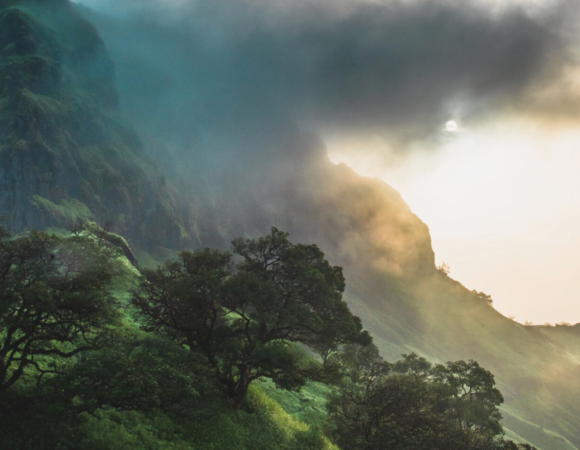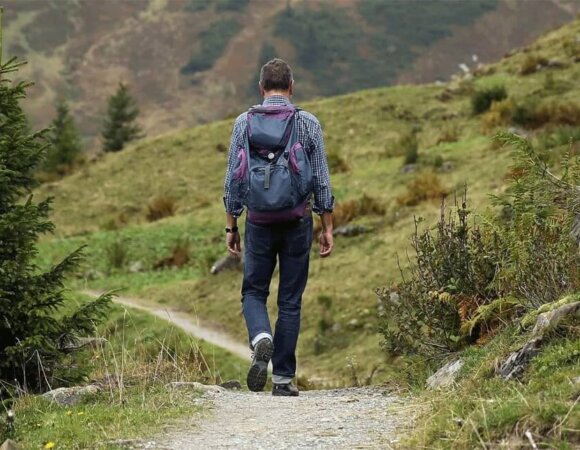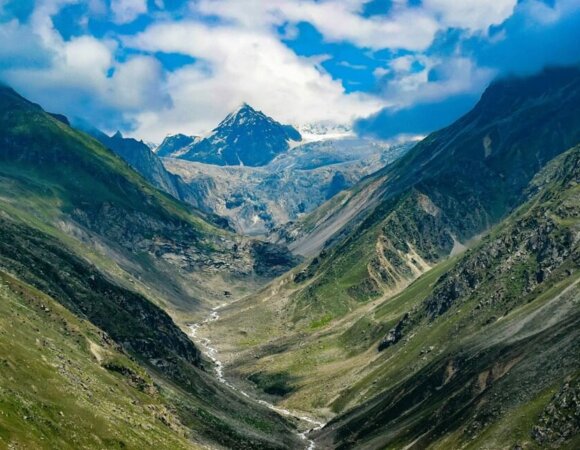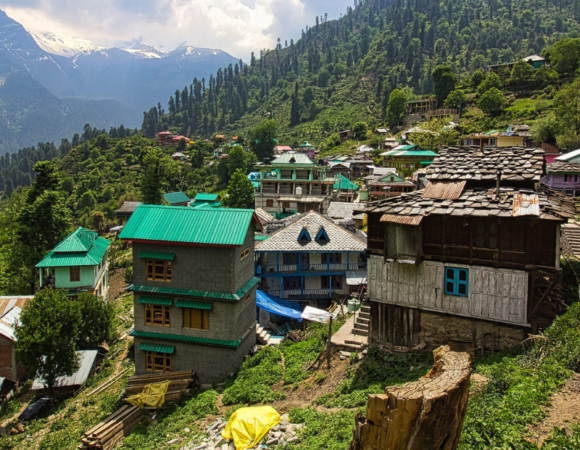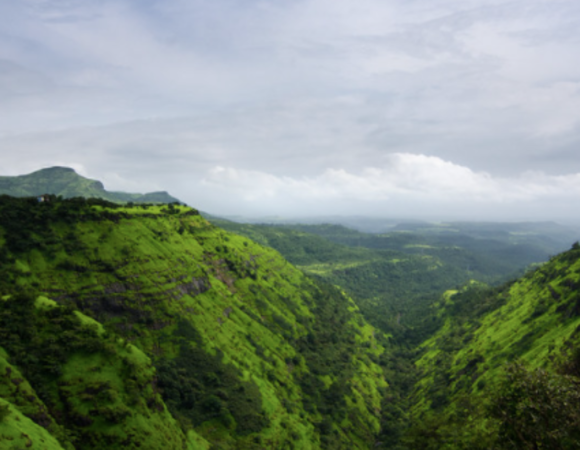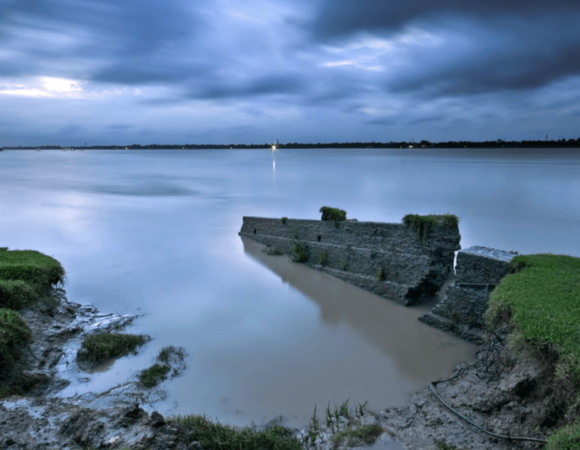Alex Honnold: The Free Solo Phenomenon
In the world of rock climbing, few names inspire as much awe, admiration, and occasional disbelief as Alex Honnold. Best known for his unprecedented free solo ascent of El Capitan in Yosemite National Park—climbing 3,000 feet of sheer granite without ropes or protective equipment—Honnold has redefined the boundaries of what many thought humanly possible in the vertical realm. His accomplishments have transcended the climbing community, bringing mainstream attention to the sport and establishing him as one of the most recognizable adventurers of his generation.
Table of Contents
ToggleEarly Life and Climbing Beginnings

Alexander Honnold was born on August 17, 1985, in Sacramento, California, to academic parents—his father a community college professor and his mother a community college administrator. An introspective child who excelled academically, Honnold was introduced to climbing at a local gym at age 5 but didn’t begin climbing regularly until age 10.
As a teenager, Honnold’s dedication to climbing intensified. By 19, he had dropped out of UC Berkeley, where he was studying engineering, to pursue climbing full-time. For several years afterward, he lived a nomadic existence out of his mother’s minivan, traveling between climbing destinations and developing his skills.
These formative years were characterized by relative anonymity in the climbing world. Honnold slowly built his technical abilities and mental approach without the spotlight that would later define his career. This period of quiet dedication laid the groundwork for the extraordinary achievements that would follow.
Rise to Prominence
Honnold burst onto the climbing scene in 2007 with free solo ascents of two classic Yosemite routes: the 1,200-foot Astroman and the 600-foot Rostrum, both in a single day. These climbs, previously accomplished rope-free only by the legendary John Bachar, immediately established Honnold as a major talent in the free soloing realm.
The following year, Honnold free soloed the Regular Northwest Face of Half Dome, a 2,000-foot technical route that typically takes climbers multiple days to ascend with ropes. He completed it in just under three hours. This achievement, perhaps more than any other, marked Honnold’s emergence as a transcendent climbing talent and began to attract attention beyond the core climbing community.
The Defining Achievement: Free Soloing El Capitan

On June 3, 2017, Alex Honnold completed what many consider the greatest athletic feat in history: a free solo ascent of El Capitan’s Freerider route—3,000 feet of vertical granite with multiple crux sections where a single slip or mistake would mean certain death.
The climb, which Honnold completed in 3 hours and 56 minutes, represented the culmination of years of preparation:
Physical Preparation
- Memorizing every handhold and foothold on the entire route
- Practicing specific sequences countless times with ropes
- Developing the endurance to climb continuously for four hours without rest
Mental Preparation
- Visualization techniques to prepare for challenging sections
- Building mental frameworks to manage fear and maintain focus
- Creating contingency plans for various scenarios
The climb was documented in the Academy Award-winning documentary “Free Solo” (2018), directed by Elizabeth Chai Vasarhelyi and Jimmy Chin. The film brought Honnold’s achievement to global audiences and cemented his status as a climbing legend.
What makes the El Capitan free solo particularly remarkable is not just the height of the wall but the technical difficulty of the climbing. Freerider is rated 5.13a in the American climbing grading system, indicating extremely difficult terrain that most climbers can only manage with extensive protection and multiple attempts.
Climbing Style and Philosophy
Honnold’s approach to climbing is characterized by several distinctive elements:

Technical Precision
Despite his free soloing feats, Honnold is fundamentally a technical climber with extraordinary movement skills. His climbing is characterized by precise footwork, efficient body positioning, and strategic rest techniques that allow him to conserve energy on long routes.
Mental Control
Perhaps Honnold’s most remarkable skill is his ability to manage fear and maintain focus in extreme situations. Numerous studies, including MRI scans of his brain, suggest that Honnold’s amygdala (the brain’s fear center) responds differently than most people’s, allowing him to remain calm in situations that would trigger panic in others.
Meticulous Preparation
Contrary to the public perception of free soloing as reckless, Honnold’s approach is methodical and calculated. He extensively rehearses routes with ropes before attempting them without protection, memorizing sequences and identifying potential problem areas.
Philosophical Perspective
Honnold views free soloing as the purest form of climbing—a direct, unencumbered engagement with the rock. He has described the state he enters while soloing as a form of moving meditation, where his consciousness is fully absorbed in the immediate physical demands of the climb.
In his own words: “I’ve always been interested in the mental side of soloing—that feeling of focus and clarity that comes from being completely committed.”

Beyond Free Soloing
While free soloing has defined Honnold’s public image, his climbing achievements extend far beyond ropeless ascents:
Speed Climbing
Honnold has set numerous speed records on major walls, most notably with climbing partner Tommy Caldwell on Yosemite’s “The Nose” route, which they climbed in under 2 hours in 2018—an almost incomprehensible pace for a 3,000-foot technical route.
First Ascents
He has established new routes across the globe, from Patagonia to Alaska to Morocco’s Anti-Atlas Mountains.
Big Wall Free Climbing
With ropes for protection, Honnold has completed some of the world’s most challenging multi-day climbs, including the “Freerider” route on El Capitan (which he later soloed) and the complete “Fitz Traverse” in Patagonia with Tommy Caldwell.
Alpine Climbing
Expanding beyond his initial focus on rock climbing, Honnold has ventured into the alpine environment, with notable climbs in Alaska’s Ruth Gorge and expeditions to Antarctica.
Conservation and Philanthropy
In 2012, Honnold established the Honnold Foundation, an organization dedicated to promoting solar energy for communities in need. The foundation supports projects that reduce environmental impact while increasing social and economic equity, reflecting Honnold’s commitment to addressing climate change and energy poverty.
His environmental advocacy extends to personal choices as well. Despite his success, Honnold maintained a minimalist lifestyle for many years, living in a van to minimize his environmental footprint and maximize his ability to travel to climbing destinations.
Media Presence and Cultural Impact
The 2018 documentary “Free Solo” transformed Honnold from a climbing celebrity to a mainstream cultural figure. The film grossed over $29 million worldwide and won the Academy Award for Best Documentary Feature.
Honnold’s story has been featured in numerous publications and programs:
- A 60 Minutes profile
- The cover of National Geographic
- A New York Times bestselling memoir, “Alone on the Wall” (co-written with David Roberts)
- Multiple TED Talks and speaking engagements
His influence extends beyond climbing into broader conversations about risk, human potential, and the psychology of extreme achievement. The concept of the “Honnold Line”—referring to the extraordinary boundary between possible and impossible—has entered the lexicon of adventure sports.
Personal Life
Despite his extraordinary climbing achievements, Honnold maintains a relatively normal personal life. In 2020, he married Sanni McCandless, whose relationship with Honnold was prominently featured in “Free Solo.” The couple welcomed their first child, a daughter named June, in February 2022.
Honnold’s private personality contrasts somewhat with his public image. Known for his candor and deadpan humor, he is often described as remarkably calm and even-keeled—traits that serve him well in his climbing. His intellectual curiosity extends beyond climbing to topics including philosophy, renewable energy, and effective altruism.
Recent Activities and Future Directions
Since the El Capitan free solo and the subsequent documentary, Honnold has continued to evolve as a climber and public figure:
Expanding Climbing Horizons
He has shifted some focus to international expeditions and challenging alpine routes, exploring new geographic territories and climbing disciplines.
Media and Educational Projects
Honnold has become increasingly involved in climbing education and media projects, including the “Climbing Gold” podcast he co-hosts with climbing legend Favia Almengor.
Family Life Balance
With the birth of his daughter in 2022, Honnold has begun navigating the balance between his passion for climbing and his responsibilities as a parent—a evolution he has approached with his characteristic thoughtfulness.
Continued Advocacy
His environmental and social justice work through the Honnold Foundation continues to expand, with projects in multiple countries addressing energy equity and climate impact.
The Risk Question
No discussion of Alex Honnold would be complete without addressing the ethical and philosophical questions his climbing raises about risk, responsibility, and the value of extreme achievement.
Honnold himself has thoughtfully engaged with these questions throughout his career. He maintains that his approach to risk is deeply personal and carefully considered. In interviews, he has often emphasized that he does not encourage others to free solo and that his own choices reflect years of progressive experience and a unique psychological makeup.
“I don’t think soloing El Cap is something we should encourage anyone to try,” he stated in a 2019 interview. “It reflects my own particular journey and skill set.”
The question of risk in Honnold’s climbing connects to deeper philosophical inquiries about autonomy, meaning, and the value of pushing human limits. His achievements remind us that extraordinary accomplishment often requires accepting some degree of risk—a calculation each person must make according to their own values and abilities.
Legacy and Influence
Alex Honnold’s impact on climbing and adventure sports is multifaceted:
Technical Advancement
He has pushed the boundaries of what’s considered possible in free soloing, establishing new benchmarks for future generations.
Mental Approach
His analytical, fear-managing mindset has influenced how climbers approach psychological barriers in the sport.
Cultural Ambassador
By bringing climbing to mainstream attention, Honnold has helped introduce the sport’s values and ethics to a broader audience.
Environmental Connection
His advocacy work links climbing directly to environmental stewardship, strengthening the connection between outdoor recreation and conservation.
Perhaps most significantly, Honnold’s achievements have expanded our collective understanding of human potential. By accomplishing what many considered impossible, he has demonstrated the extraordinary capabilities that can emerge from the combination of talent, dedication, and a unique psychological approach to challenge.
Final Thoughts About Alex Honnold
Alex Honnold represents a rare convergence of physical ability, mental control, and philosophical depth. His free solo of El Capitan stands as one of the defining athletic achievements of our time—a perfect synthesis of preparation, execution, and vision.
Yet beyond the spectacular headline accomplishments, Honnold’s greatest contribution may be his thoughtful approach to risk, achievement, and purpose. In a world increasingly dominated by virtual experiences and curated realities, his direct engagement with the natural world and its inherent challenges offers a compelling alternative—a reminder that human beings are capable of extraordinary things when they fully commit their body and mind to a meaningful pursuit.
As Honnold himself has reflected: “The reason I do this is for the satisfaction, for the feeling of personal accomplishment… the feeling that I’ve expressed myself fully.” In this pursuit of complete self-expression through climbing, he has created a legacy that transcends the sport itself, touching on universal themes of courage, commitment, and the search for meaning through challenge.
Discover More Such Blogs:
Arunima Sinha- Inspirational Journey of Breaking Barriers
Nims Dai: The Modern Mountaineering Maverick
Sir Edmund Hillary: The Man Who Reached the Top of the World
Frequently Asked Questions (FAQs) About Alex Honnold
What is Alex Honnold most famous for?
Alex Honnold is most famous for his historic free solo climb (without ropes or safety equipment) of El Capitan’s 3,000-foot Freerider route in Yosemite National Park on June 3, 2017. This unprecedented achievement, widely considered one of the greatest athletic feats in history, was captured in the Oscar-winning documentary “Free Solo.”
How did Alex Honnold prepare for the El Capitan free solo?
Honnold prepared meticulously over nearly two years, climbing the route with ropes over 60 times, memorizing every move, practicing specific sequences repeatedly, creating detailed mental maps of the entire climb, and physically rehearsing the most difficult sections. He also maintained extensive mental preparation through visualization techniques and developing strategies to manage fear during exposed sections.
Is Alex Honnold afraid of heights?
No, Honnold does not have a conventional fear of heights. Brain scans have shown his amygdala (the brain’s fear center) responds differently than most people’s when exposed to frightening stimuli. While he experiences normal fear in unfamiliar situations, he has developed exceptional control over fear responses during climbing—a combination of natural predisposition and practiced mental discipline.
Where does Alex Honnold live?
After years of living nomadically in a van (which enabled him to travel between climbing destinations), Honnold now lives in Las Vegas, Nevada with his wife Sanni and their daughter. He chose Las Vegas for its proximity to excellent climbing in Red Rock Canyon National Conservation Area while maintaining access to urban amenities.
How many climbers have died free soloing?
While exact statistics aren’t comprehensively tracked, many notable free soloists have died practicing the sport, including John Bachar, Derek Hersey, Michael Reardon, and Dean Potter. What makes Honnold exceptional is his systematic approach to risk management, which distinguishes him from many other practitioners of this dangerous discipline.
What is the Honnold Foundation?
Founded by Alex in 2012, the Honnold Foundation is a non-profit organization that promotes solar energy access in underserved communities worldwide. The foundation supports projects that reduce environmental impact while addressing energy poverty and social inequality, reflecting Honnold’s commitment to environmental sustainability alongside his climbing career.
Does Alex Honnold still free solo after the El Capitan climb?
Yes, Honnold continues to free solo, though perhaps with more selectivity after his defining achievement. Since becoming a father in 2022, he has indicated he’s being more careful about risk assessment, but he still considers soloing an integral part of his climbing identity. He balances free soloing with roped climbing, expeditions, and other climbing disciplines.
What is Alex Honnold’s education background?
Honnold studied engineering at the University of California, Berkeley for two years before dropping out to pursue climbing full-time. Despite leaving formal education, he is known for his intellectual curiosity and analytical thinking, often reading extensively on topics ranging from renewable energy to philosophy and economics during his travels between climbs.
Has Alex Honnold set any speed climbing records?
Yes, beyond free soloing, Honnold is an accomplished speed climber. Most notably, with partner Tommy Caldwell, he set the speed record for climbing “The Nose” route on El Capitan in 1 hour, 58 minutes, and 7 seconds in June 2018 (though this record has since been broken). This 3,000-foot route typically takes skilled climbing parties 3-5 days to complete.
How did Alex Honnold meet his wife?
Alex met his wife, Sanni McCandless, at a book signing event in 2015 when she slipped him her phone number. Their relationship development was prominently featured in the “Free Solo” documentary, showing the complex intersection between Honnold’s climbing commitments and his personal life. They married in September 2020 and welcomed their daughter, June, in February 2022.


